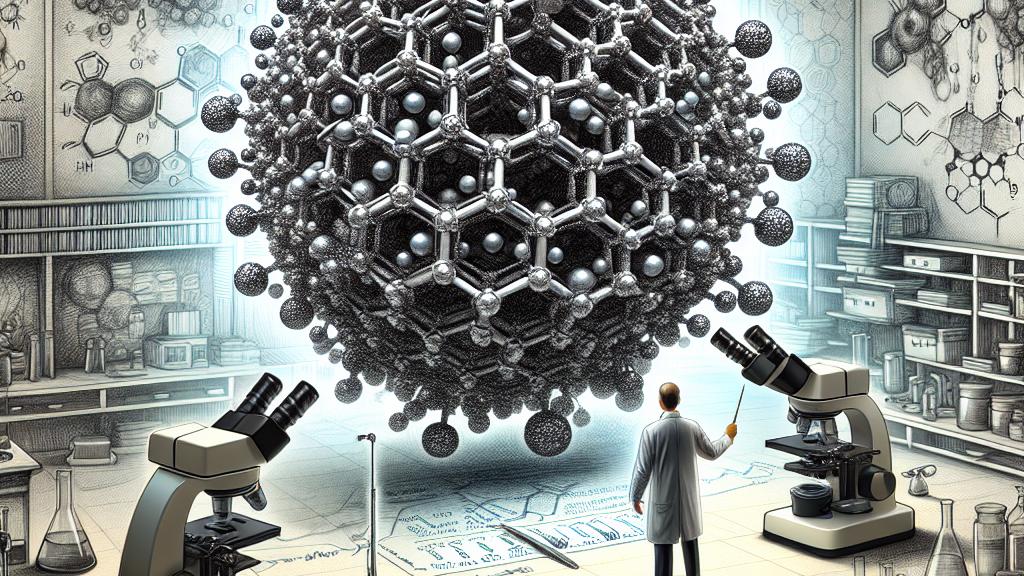Advancements in Biochar Nanocomposites for Enhanced Detection of Acetaminophen and Uric Acid
Overview
- A pioneering biochar nanocomposite has been created to enhance the detection of acetaminophen (APAP) and uric acid in urine samples.
- This innovative method dramatically increases both speed and sensitivity compared to traditional detection techniques.
- Utilizing eco-friendly materials, the research aligns technological advancements with sustainability goals for the future.

Revolutionizing Detection: The Role of Biochar Nanocomposites
Emerging from China’s scientific laboratories, a revolutionary biochar nanocomposite has been designed to transform the detection landscape for acetaminophen (APAP) and uric acid in urine. By skillfully combining biomass carbon materials with cobalt oxide nanosheets, this new composite offers a streamlined detection process that promises unparalleled speed and sensitivity. What's at stake? The overuse of acetaminophen has led to serious health issues, including acute liver damage. Traditional methods for detecting this common analgesic are often intricate and expensive, which can deter both patients and healthcare providers. In contrast, the biochar solution provides an accessible and efficient alternative, sparking hope for improved health outcomes.
Exciting Discoveries and Their Broader Implications
This study brings to light impressive electrochemical properties within the porous cobalt-derived material. It enables the effective separation of reaction peaks for both uric acid and APAP, a critical aspect for accurate clinical diagnosis. For instance, in practical applications, this technology could allow healthcare providers to quickly assess patients’ drug levels during routine check-ups. Furthermore, employing natural components like Elaeagnus angustifolia gum not only enhances the environmental sustainability of the research but also illustrates how innovative approaches can harmonize health advancements with ecological mindfulness. Imagine a diagnostic tool that provides rapid results while also being kind to our planet—this is the promise of biochar nanocomposite technology!
Vision for the Future: Broadening the Horizon of Sensor Technology
Looking forward, the potential for enhancing cobalt oxide biochar nanocomposites is vast and exciting. Researchers plan to refine synthesis techniques and explore co-doping strategies with other advanced materials to boost performance. The implications of this work could redefine health monitoring; envision a world where continuous tracking of drug levels and metabolic health is feasible for everyone! Such innovations hold the power to revolutionize public health strategies by ensuring timely detection and intervention, ultimately leading to better health outcomes. As we stand on the brink of these advancements, we not only pave the way for healthier societies but also highlight the importance of scientific progress in addressing contemporary health challenges.

Loading...